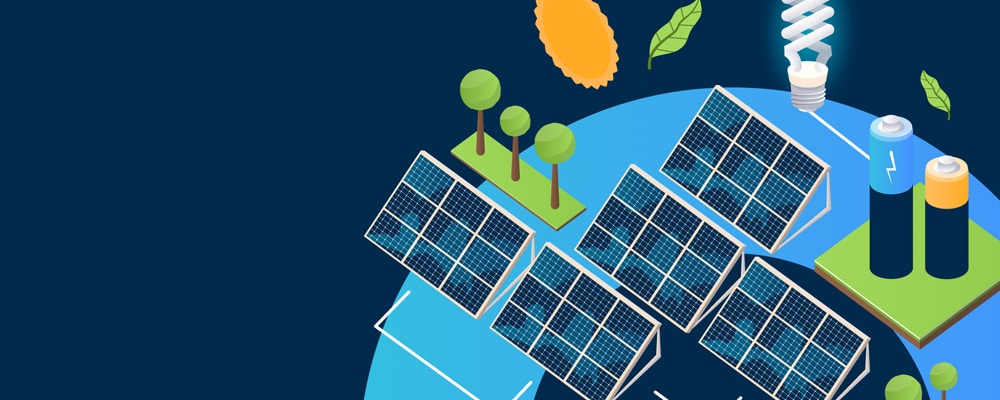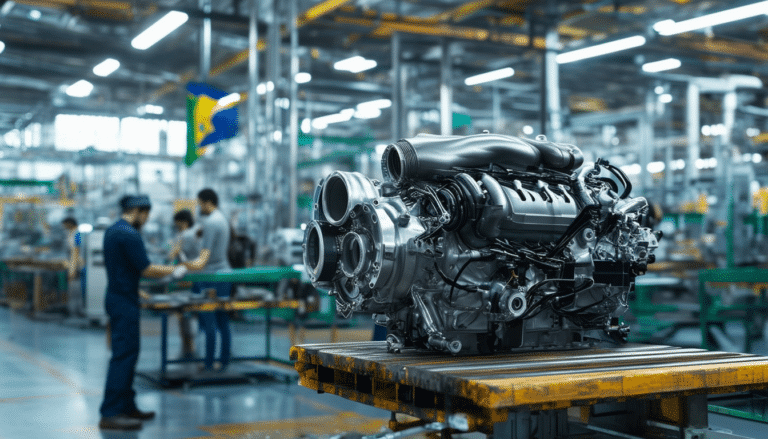Strategies to reduce your company’s energy costs by leveraging EU subsidies

In an increasingly competitive business context marked by the fluctuation of energy prices, it is essential for companies to seek effective strategies to reduce their energy costs. Taking advantage of EU grants presents an invaluable opportunity to implement energy efficiency solutions and adopt renewable energies, such as solar and wind. These initiatives not only contribute to making the operations of companies more sustainable, but they also allow them to improve their competitiveness and adapt to evolving environmental regulations.
In the current context, where sustainability has become an indispensable requirement to maintain competitiveness, companies face the challenge of reducing their energy costs. Implementing effective energy-saving strategies allows not only to optimize operational expenses but also to contribute to the environment. Taking advantage of EU grants represents a valuable opportunity to make these sustainable investments.
Investment in renewable energies
The first strategy to decrease energy costs consists of investing in self-consumption systems based on renewable energies, such as solar or wind. Installing photovoltaic panels allows companies to generate their own electricity, significantly reducing the dependence on external tariffs. This option not only translates into long-term savings on energy bills but also reduces the company’s carbon footprint.
To facilitate this transition to clean energy, the Recovery, Transformation and Resilience Plan (PRTR) of the Spanish Government offers European funds to those companies that wish to implement these solutions. Specifically, aid is available that can cover up to 45% of the installation costs of self-consumption systems.
Improvements in air conditioning systems
Air conditioning, one of the processes that demands the most energy in companies, can be optimized through the implementation of efficient technologies. Aerothermal and solar thermal systems are key components in this area. Aerothermal energy, in particular, allows for the heating and cooling of spaces using less energy, with a reduction in energy consumption that can reach up to 60%.
EU aid also supports the modernization of these systems by covering a significant percentage of installation costs. Investing in sustainable air conditioning not only improves energy efficiency but also contributes to a more comfortable and healthy work environment.
Incorporation of energy storage systems
Energy storage systems, such as batteries, allow companies to make the most of the energy generated from renewable sources. By storing energy produced during times of high solar radiation, companies can use it during peak demand periods, thereby decreasing electricity consumption from the grid. The introduction of these systems is encouraged by aid programs that can finance up to 65% of the installation cost for small businesses.
Advice for obtaining grants
The process of obtaining grants can be complex. Therefore, having adequate advice is crucial to help companies navigate the established requirements and deadlines. Banking entities and specialized consulting firms provide support in the application process, maximizing the chances of receiving European funds. An experienced manager can make a difference in this process, facilitating access to a variety of available aids.
Promotion of telecommuting and reduction of energy expenditure
The implementation of telecommuting not only improves employees’ quality of life but can also contribute to reducing energy costs. Decreasing the amount of physical space needed and the associated energy consumption of office infrastructure can result in significant savings. In accordance with sustainability policies, many companies are opting for this alternative, allowing them to constantly review and optimize their energy expenditures.
In this context, taking advantage of EU initiatives aimed at strengthening sustainable business practices becomes a competitive advantage. Companies must stay alert to available aid and seek advice on the best way to carry out their energy transformation.
Conclusion
Certainly, European Union grants represent a valuable tool for companies to adopt sustainable practices and reduce their energy costs. With a combination of smart investments in renewable energy, modernization of air conditioning and storage systems, expert advice, and strategies like telecommuting, companies can not only improve their energy efficiency but also play an active role in the fight against climate change.
Currently, sustainability has become an essential pillar for the competitiveness of companies. EU grants offer a unique opportunity for companies to implement strategies that not only reduce their costs but also contribute to environmental protection.
One of the most effective strategies is energy self-consumption, especially through the installation of photovoltaic panels. These technologies allow companies to generate their own electricity, which can lead to significant savings on electricity bills. With the support of available grants, the initial installation cost can be significantly reduced, facilitating access for small and medium-sized enterprises.
Another key area where companies can benefit is in efficient air conditioning. Investing in renewable air conditioning systems, such as aerothermal or solar thermal, not only reduces energy consumption but also decreases dependence on fossil fuels. By opting for these alternatives, companies can substantially improve their energy efficiency and, consequently, their long-term profitability.
Additionally, accessing adequate advice is essential. Having experts who can guide the application process and the correct implementation of grants allows maximizing the chances of obtaining those funds and applying the most appropriate strategies for each type of business.
These actions not only contribute to environmental sustainability but also enhance the corporate image of companies, attracting a market that increasingly values responsible practices. Taking advantage of EU grants to implement these strategies is undoubtedly a smart decision that will benefit companies in various aspects.




